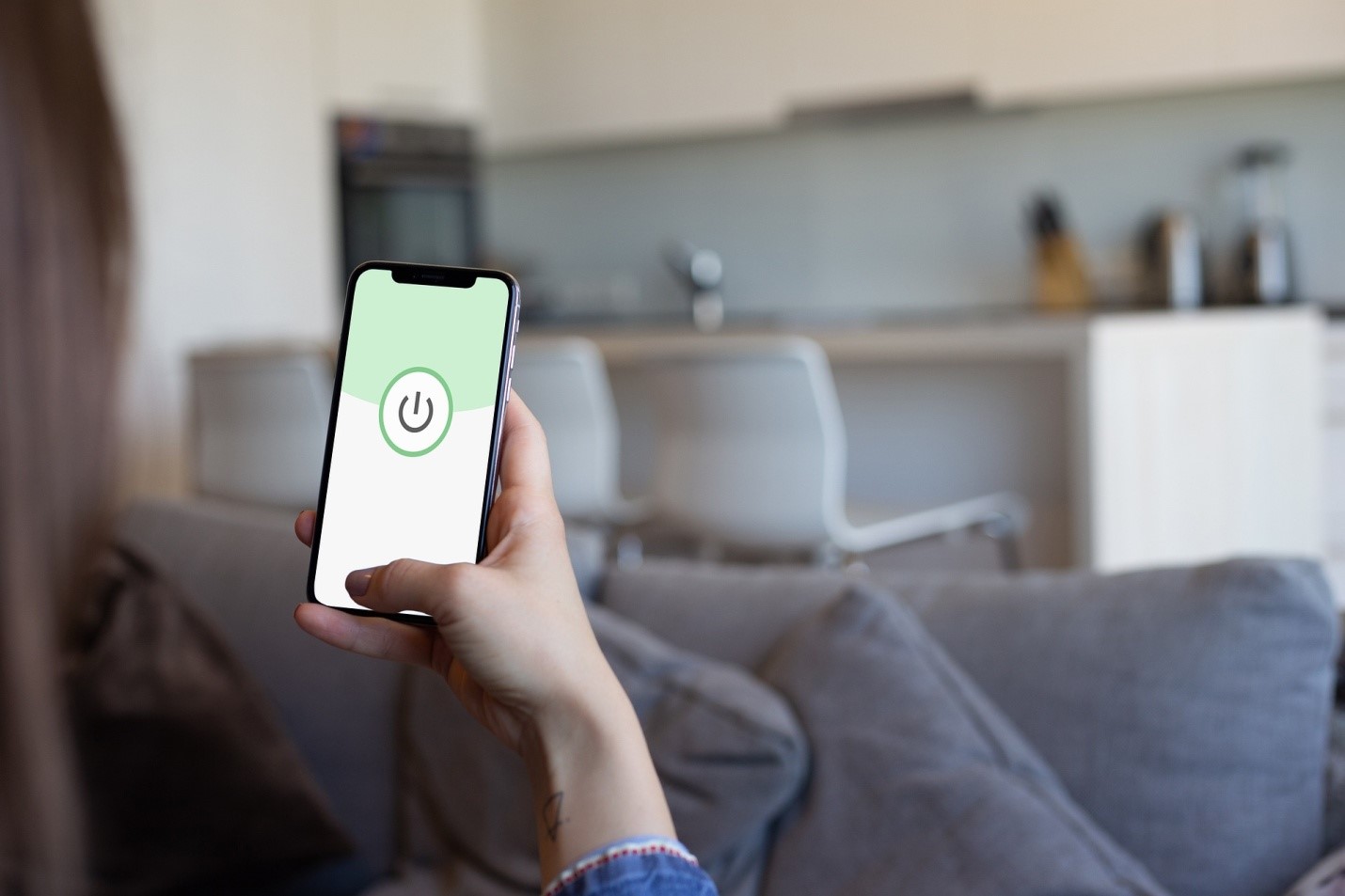5 Essential Tips to Protect Your Mobile Device
5 Essential Tips to Protect Your Mobile Device

Introduction
Taking care (read: securing) of our devices at home is a key part of being a responsible computer owner. But, looking at the way people treat their phones, the same can’t be said about mobile devices. Many users don’t treat their phones with the same respect they do their computers, despite cybercriminals’ history with phones, tablets, and laptops.
It is important that you and the people around you secure your devices, including your phone. Yet many don’t! Today, let’s talk about ways you can secure your mobile devices and why it’s necessary.
5 Ways to Secure Your Phone
1. Encrypt Your Mobile Device’s Communication
A key reason mobile devices grew in popularity throughout the 2010’s is because you could connect to the Internet through it, either using public networks or your phone carrier’s data (3G/4G/LTE/5G). With restaurants, public buildings, and even grocery stores offering free Wi-Fi, it’s no wonder people use them, especially with the added convenience and ease that comes with public Wi-Fi.
The issue however is that public networks are terrible for security due to their lack of security. Cybercriminals, hackers, and malicious third parties can use a public network to spy on other users, spread viruses, and much worse.
Avoiding public networks is one method to avoid this. But sometimes you really can’t help it when you are in a public place. If you really must use public networks, use a special tool like a VPN or a proxy to encrypt your data and hide your IP address. This makes it much more difficult for cybercriminals to spy on you through the network.
2. Avoid Suspicious/Sketchy Apps
Hopping onto Apple’s App Store or Google’s Play Store and downloading whatever app appeals to you at the moment takes seconds. No thought needed. However, those few seconds of joy that you feel finding that app can cause weeks of trouble if you’re not careful.
Studies show that Google’s Play Store is no stranger to malware-infected apps. And while Apple’s App Store is mostly safe from these apps due to the strict vetting process Apple imposes on developers, it can still happen. Point is, you need to be careful about what you’re downloading and from who. Else you may find your phone infected with malware you can’t easily scrub off.
3. Lock Your Device
Phone manufacturers dedicate a lot of resources to making sure that the unlocking process for their phones is convenient, easy, and short. Why? Because most people put some sort of lock on their phone, whether it’s a face scan, a fingerprint scan, or a simple PIN.
If you don’t have a lock screen on your phone, apply one now. There’s no telling what will happen to your device in the future, whether you lose it or if it gets stolen. Applying a lock screen to your device will make it much harder for thieves and hackers to get into your device.
4. Refrain from Rooting/Jailbreaking Your Device
The artificial limitations imposed on users by Android and Apple can be annoying—restrictive, even! This feeling of restriction is why some users “root” their devices.
For those out of the loop, “rooting” a device is the process by which a user gains root access to their phone. This in turn gives them complete control over the device and the files on it, allowing them to do whatever they want on it.
A similar process can be done on iPhones—a process known as “jailbreaking”.
Rooting/jailbreaking your phone can sound like a good idea, but doing so will circumvent or even remove the security restrictions placed on the device by the phone manufacturer. This makes the user (you) more susceptible to malware.
As a result, it’s a good idea to refrain from rooting or jailbreaking your device.
5. Don’t Abandon Your Device
While phones have gotten bigger over the years, they’re still smaller than the majority of things we carry around. This small form factor can make it easy to forget your phone when at a public place. Doing this, obviously, is a bad idea, and opens your phone up to many physical security threats.
If a cybercriminal were able to get their hands on your device, they could extract all the information off that device and use it to commit identity theft, fraud, hacks, and more. In short, keep your phone on you at all times.
Conclusion
Our phones carry some of our most personal information on them: contacts, texts, notes, account information, emails. If we don’t take care of our phones—practice proper cybersecurity—then we open ourselves to threat after threat after threat. With these 5 tips, you’ll be secure, protected, and ready to build up your security.
© 2023 YouMobile Inc. All rights reserved






